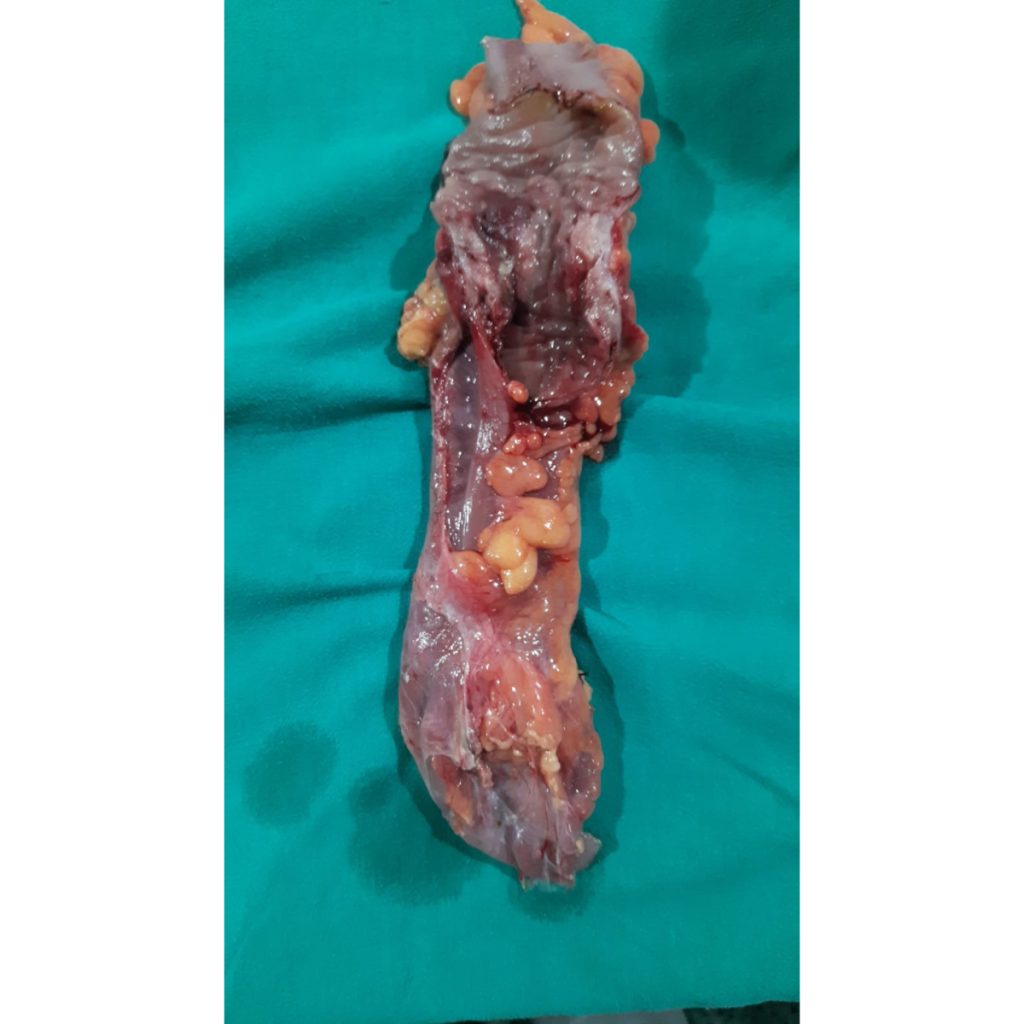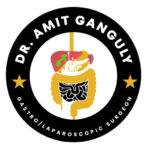Digestive Tract Cancers
Digestive tract cancers refers to cancers that occur in the digestive system including esophagus, stomach, liver, pancreas, small intestine, colon, and rectum. These cancers, arising within the very system that nourishes us, can disrupt essential bodily functions. Early detection is crucial for effective treatment, emphasizing the importance of regular check-ups and awareness of potential symptoms.
The symptoms of digestive tract cancer can vary depending on the specific type and location of the cancer, but common signs may include:
- Unexplained Weight Loss: Significant weight loss without trying can be a warning sign.
- Persistent Abdominal Pain: Ongoing discomfort or pain in the stomach area that doesn’t go away.
- Changes in Bowel Habits: These may include diarrhea, constipation, or changes in the consistency of stool.
- Blood in Stool: The presence of bright red or dark blood in the stool can indicate serious issues.
- Nausea and Vomiting: Frequent nausea, especially if constipated, can be a symptom.
- Fatigue: Extreme tiredness or weakness that doesn’t improve with rest.
- Loss of Appetite: A noticeable decrease in appetite or feeling full after eating very little.
- Indigestion or Heartburn: Persistent heartburn or indigestion that doesn’t respond to over-the-counter treatment.
- Bloating: Swelling or feeling of fullness in the abdomen.
- Jaundice: Yellowing of the skin and eyes may occur if the cancer affects the liver or bile ducts.
If any of these symptoms persist, please get in touch to book an appointment for further evaluation and diagnosis. Early detection can significantly improve treatment outcomes.


Digestive tract cancers refers to cancers that occur in the digestive system including esophagus, stomach, liver, pancreas, small intestine, colon, and rectum. These cancers, arising within the very system that nourishes us, can disrupt essential bodily functions. Early detection is crucial for effective treatment, emphasizing the importance of regular check-ups and awareness of potential symptoms.
The symptoms of digestive tract cancer can vary depending on the specific type and location of the cancer, but common signs may include:
- Unexplained Weight Loss: Significant weight loss without trying can be a warning sign.
- Persistent Abdominal Pain: Ongoing discomfort or pain in the stomach area that doesn’t go away.
- Changes in Bowel Habits: These may include diarrhea, constipation, or changes in the consistency of stool.
- Blood in Stool: The presence of bright red or dark blood in the stool can indicate serious issues.
- Nausea and Vomiting: Frequent nausea, especially if constipated, can be a symptom.
- Fatigue: Extreme tiredness or weakness that doesn’t improve with rest.
- Loss of Appetite: A noticeable decrease in appetite or feeling full after eating very little.
- Indigestion or Heartburn: Persistent heartburn or indigestion that doesn’t respond to over-the-counter treatment.
- Bloating: Swelling or feeling of fullness in the abdomen.
- Jaundice: Yellowing of the skin and eyes may occur if the cancer affects the liver or bile ducts.
If any of these symptoms persist, please get in touch to book an appointment for further evaluation and diagnosis. Early detection can significantly improve treatment outcomes.
